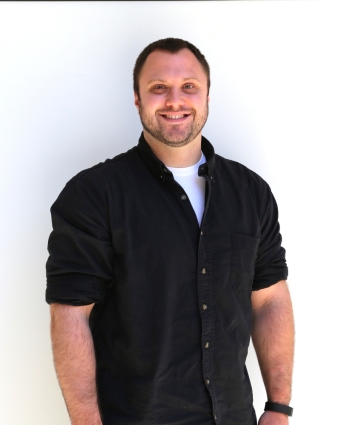
Date:
Location:
Title:
abstract
Doped interfaces can have intriguing structures and, in some cases, thermodynamically-stable interfacial structures can form. In this talk, we explore the usage of these “complexions” in nanostructured metal alloys, with a focus on how these features affect processing routes as well as mechanical behavior and resistance to radiation damage. Atomistic simulations are used to identify the effects of chemistry, temperature, and boundary character on grain boundary structural transitions, as well as identify how these features impact plasticity, fracture, and point defect recombination. Experimental validation is provided by high resolution transmission electron microscopy on specially-designed thin film samples that systematically explore these variables, as well as nanocrystalline alloys produced through a powder. Microcompression and in-situ bending experiments are used to quantify the effect of doping on mechanical behavior, showing that strength, strain-to-failure, and failure mode can be controlled with the addition of segregating dopants. As a whole, this work lays the foundation for engineering internal interfaces to design better materials.
Bio
Tim Rupert is an assistant professor of Mechanical and Aerospace Engineering at the University of California, Irvine, with a joint appointment in Chemical Engineering and Materials Science. His research focuses on uncovering new structure-property relationships in nanomaterials for next-generation structural, electronic, and energy components, as well as increasing the reliability and lifetime of these materials. To achieve these goals, his lab uses a combination of cutting-edge experimental, characterization, and computational techniques. Rupert has received an NSF CAREER Award, a DOE Early Career Research Program Award, an ARO Young Investigator Program Award, and a Hellman Fellowship in recent years. He received a B.S./M.S. in Mechanical Engineering from Johns Hopkins University in 2007 and a Ph.D. in Materials Science and Engineering from MIT in 2011.
Hosted by Dan Gianola. Download event flyer.



